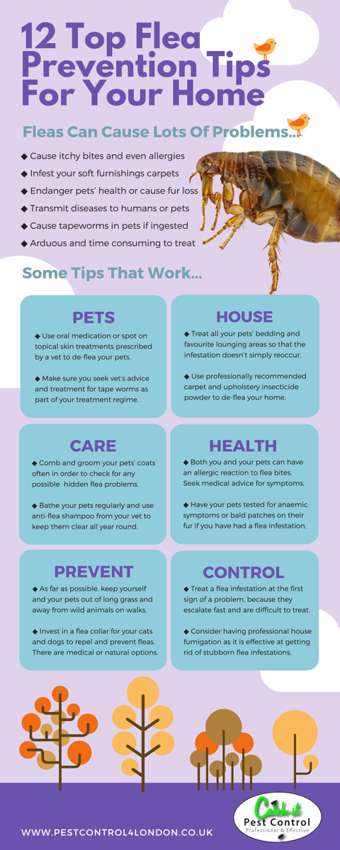Tips For Keeping Exterior Insects Far From Your Yard
Tips For Keeping Exterior Insects Far From Your Yard
Blog Article
Write-Up Written By-Lambertsen Hartvig
Imagine your garden as a haven, an area of serenity and charm. However, the presence of exterior insects can rapidly disrupt this picturesque image. What if there were easy yet efficient means to keep these unwanted site visitors away and protect your yard sanctuary? By complying with a few sensible suggestions and implementing all-natural methods, you can create a harmonious outdoor area where your plants can grow uninterrupted.
Natural Parasite Deterrents
To maintain pests away from your yard naturally, plant fragrant natural herbs like mint and lavender. These aromatic plants not just add appeal to your yard yet also work as reliable parasite deterrents. Insects like insects, flies, and also some garden-damaging pests are fended off by the solid scents emitted by these herbs. Merely positioning https://news.mongabay.com/2017/02/scanning-the-barcode-of-wildlife/ around your garden can assist produce an all-natural obstacle versus unwanted pests.
In addition to mint and lavender, consider planting other herbs like rosemary, basil, and lemongrass to additionally improve your yard's pest-proofing capacities. These natural herbs not only act as all-natural repellents yet also have actually the included benefit of working in food preparation or crafting home made treatments.
Strategic Plant Positioning
Consider the layout of your garden and the kinds of plants you need to tactically place them for optimum pest-proofing performance.
Start by grouping local termite control with similar resistance to bugs together. By doing this, you can develop an all-natural barrier that hinders insects from spreading out throughout your yard.
Furthermore, placing pest-repelling plants like marigolds, lavender, or mint near more prone plants can aid protect them. Tall plants, such as sunflowers or corn, can act as a shield for shorter plants against pests like bunnies or ground-dwelling bugs.
Bear in mind to leave enough area between plants to improve air flow and reduce the danger of illness that pests may bring.
In addition, take into consideration planting strong-smelling natural herbs like rosemary or basil near susceptible plants to perplex bugs' detects and make it harder for them to locate their targets.
Reliable Insect Control Techniques
For combating yard parasites efficiently, carrying out a multi-faceted bug control technique is important. Start by encouraging natural killers like birds, ladybugs, and praying mantises to aid maintain bug populations in check. Introducing plants that attract these useful pests can aid in bug control. Additionally, exercising great garden hygiene by getting rid of particles and weeds where pests might hide can make your garden less hospitable to undesirable visitors.
Think about using physical barriers such as row cover fabrics or netting to secure at risk plants from parasites like caterpillars and birds. Applying organic chemicals like neem oil or insecticidal soap can additionally be effective against particular insects while being much less dangerous to helpful pests and the setting. It's vital to rotate your plants each season to prevent the buildup of pest populaces that target particular plants.
Regularly inspect your plants for indicators of pest damage so you can take action quickly. By incorporating these methods and staying alert, you can effectively regulate garden pests and appreciate a thriving, pest-free garden.
Final thought
So, there you have it - with the ideal strategies, you can keep pesky exterior pests far from your yard and help your plants thrive.
Did you recognize that planting mint has been revealed to ward off mosquitoes and other insects, reducing the need for unsafe chemicals by approximately 60%?
By integrating all-natural deterrents and clever growing methods, you can produce a gorgeous and pest-resistant yard oasis for you to appreciate.
